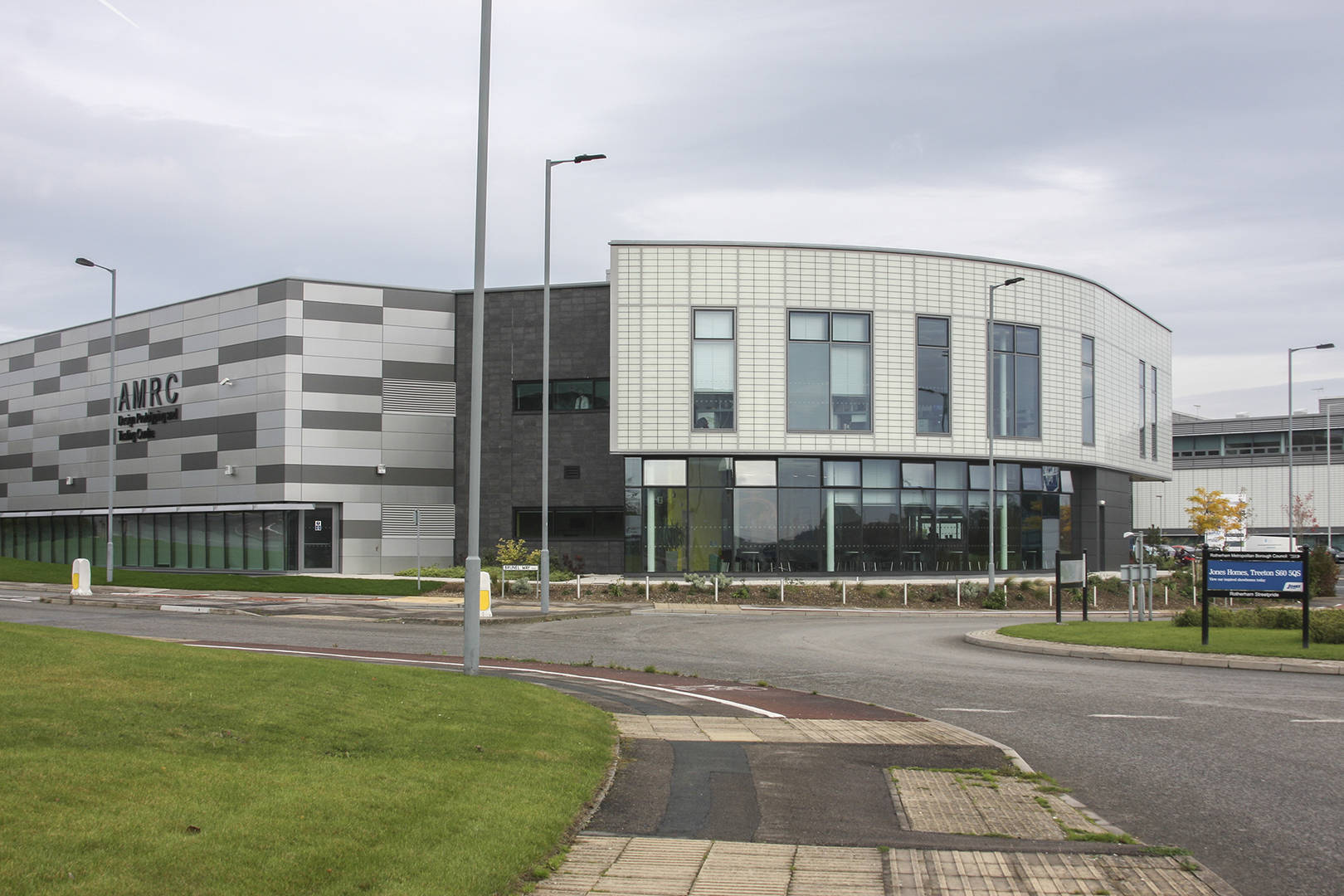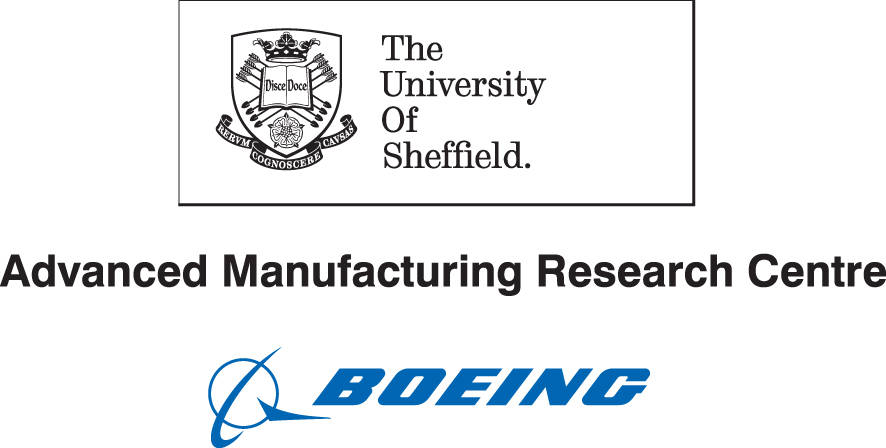

The Overview
Established in 2001, the University of Sheffield Advanced Manufacturing Centre (AMRC) with Boeing is a leading centre for innovative research. This partnership between industry and academia has become a global model for research centres and focuses on advanced machining and materials research for aerospace and other high-value manufacturing sectors.
Housed inside the AMRC is the Advanced Structural Testing Centre (ASTC) - a testing and certification centre that provides the capacity, capability, and commitment to close the loop on the total engineering process. Because many techniques and products developed at the AMRC will be used for safety-critical components, certification and product evaluation are critical to the adoption of new manufacturing methods and technologies.
The Challenge
Currently, AMRC partners with 70+ companies to assist with getting their products certified prior to taking them to market. Without the right product certification, it is impossible to introduce innovative methods and technologies into the supply chain for aerospace and other highly-regulated industries. To be the partner needed to research and resolve advanced manufacturing problems for their customers, ASTC realized they needed to expand their testing capabilities. What their facility did not offer was a system designed for high-capacity pendulum impact testing. They needed a system configurable for a wide range of testing and able to meet all relevant industry standards.
Additionally, as an innovative department within the AMRC, all equipment procured must be “fit for purpose” and value for cost, yet safe for operators.
“It’s important to us, as an organization, to ensure our equipment complies with all safety requirements necessary for a safe working environment for the lab technicians,” says Shane Smith, Technical Lead.
The Solution
AMRC decided on the Instron 450MPX impact tester because it could meet Charpy & Izod testing standards, along with additional system options that were included in the bid, including a conditioning chamber that allows for sub-zero testing of specimens.
The Instron team assured AMRC that the accuracy of the angle encoders and associated electronics of the MPX eliminated the need for a dial indicator, another of their requirements for purchase.
The purchase was funded by the Welding R&D group within the Nuclear AMRC—a group that focuses on developing advanced and innovative joining and cladding techniques tailored to the needs of the nuclear industry.
The Results
The 450MPX is now housed in the newly refurbished Design Prototyping and Testing Centre; thus ensuring that the AMRC can utilize the machine as much as possible to test to certain standards. Having this solution in-house allows all of the AMRCs partners to take advantage of its technology. Overall, the AMRC is pleased to have the 450MPX to support their nuclear materials test program.